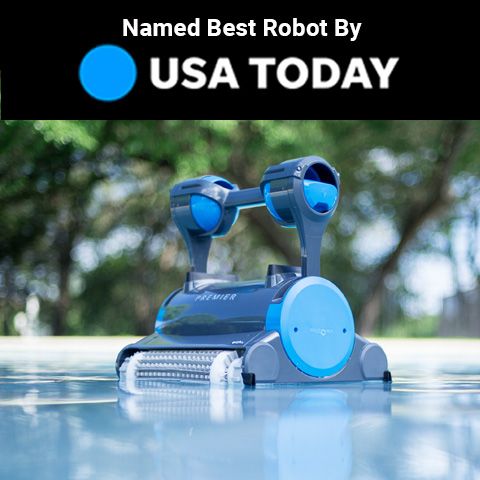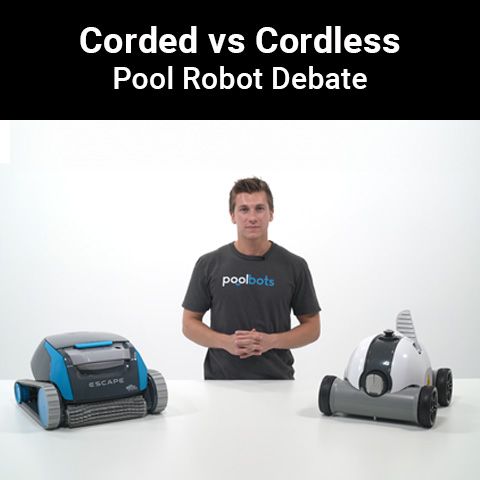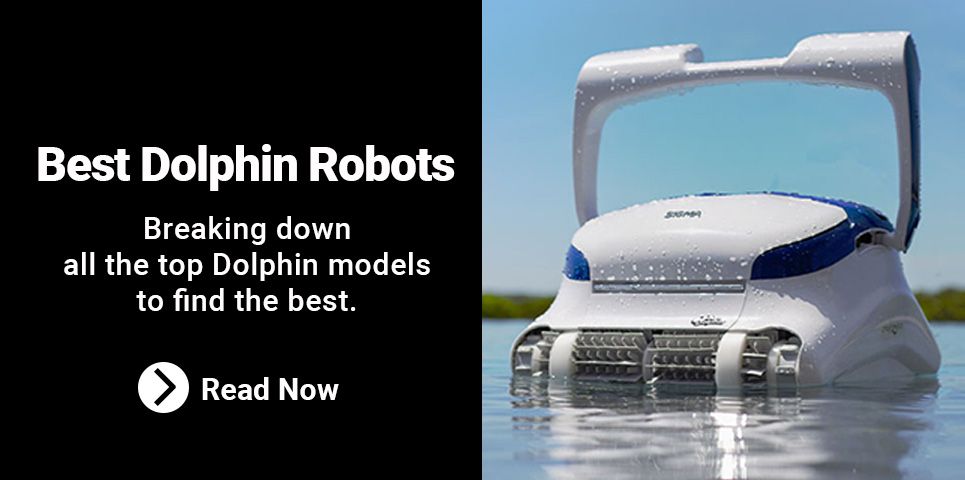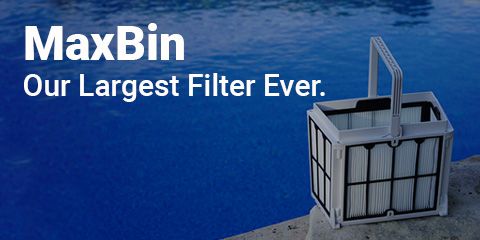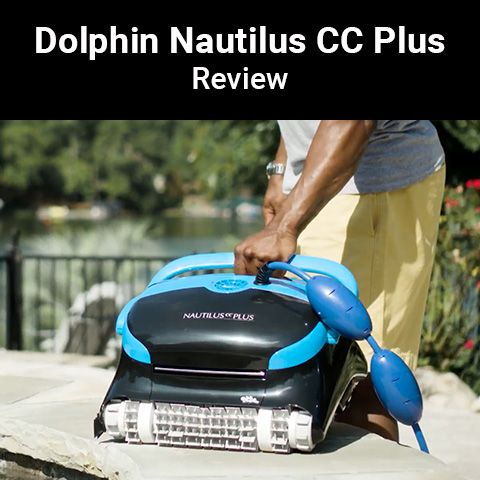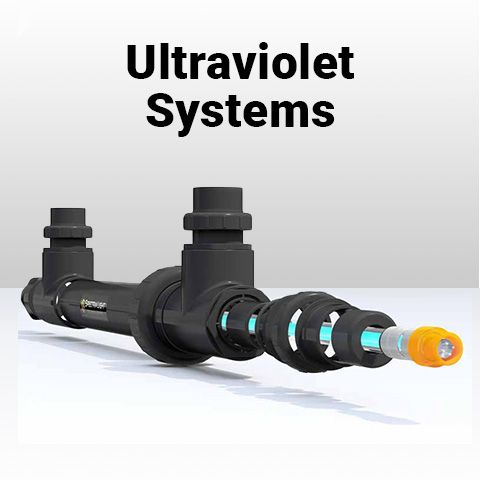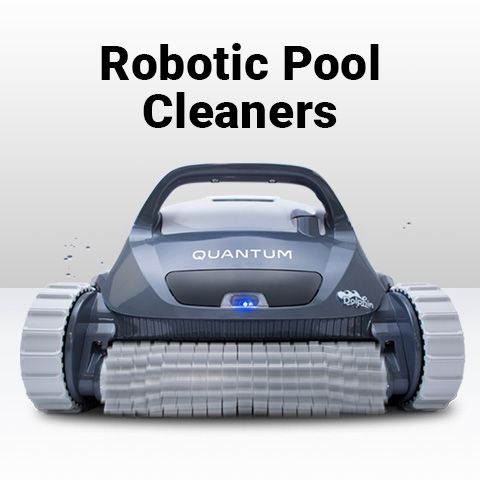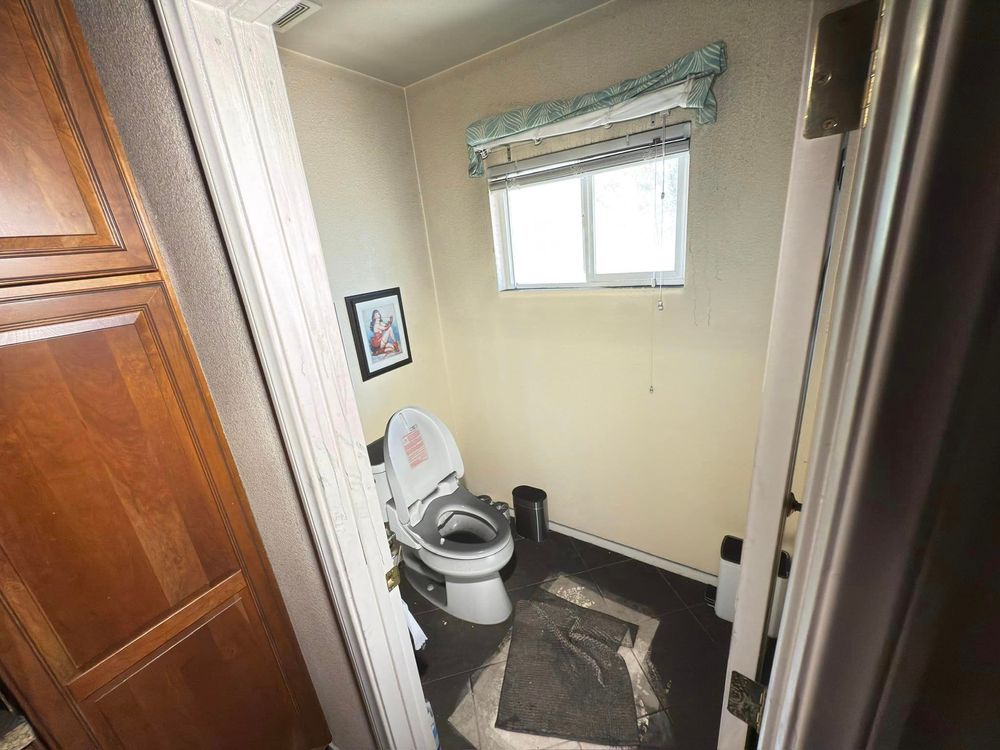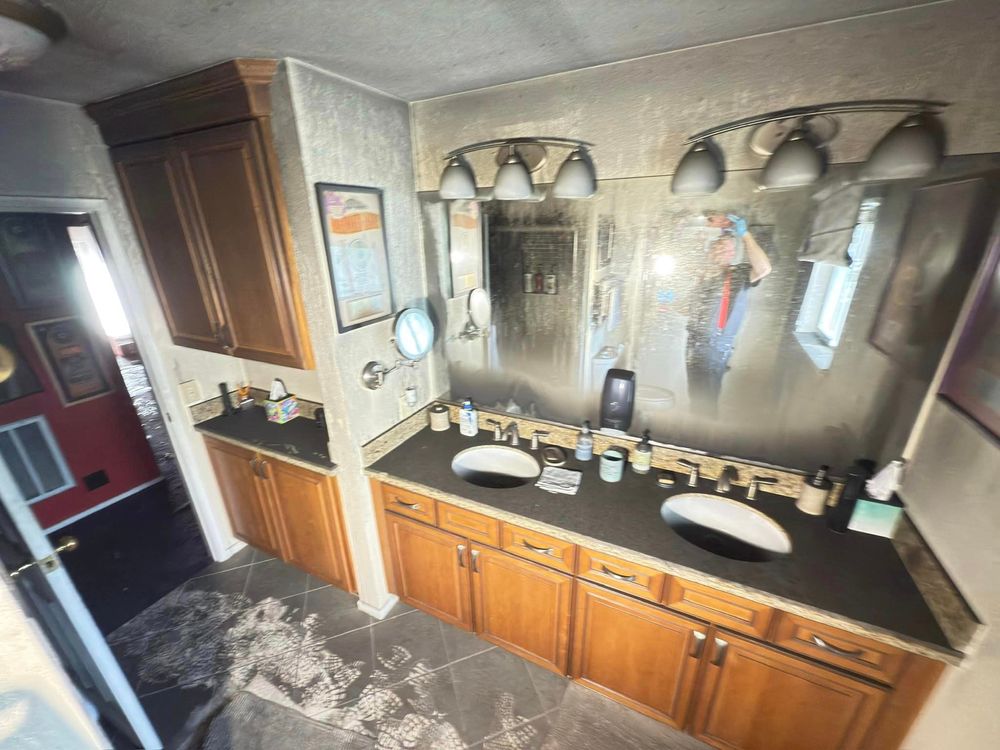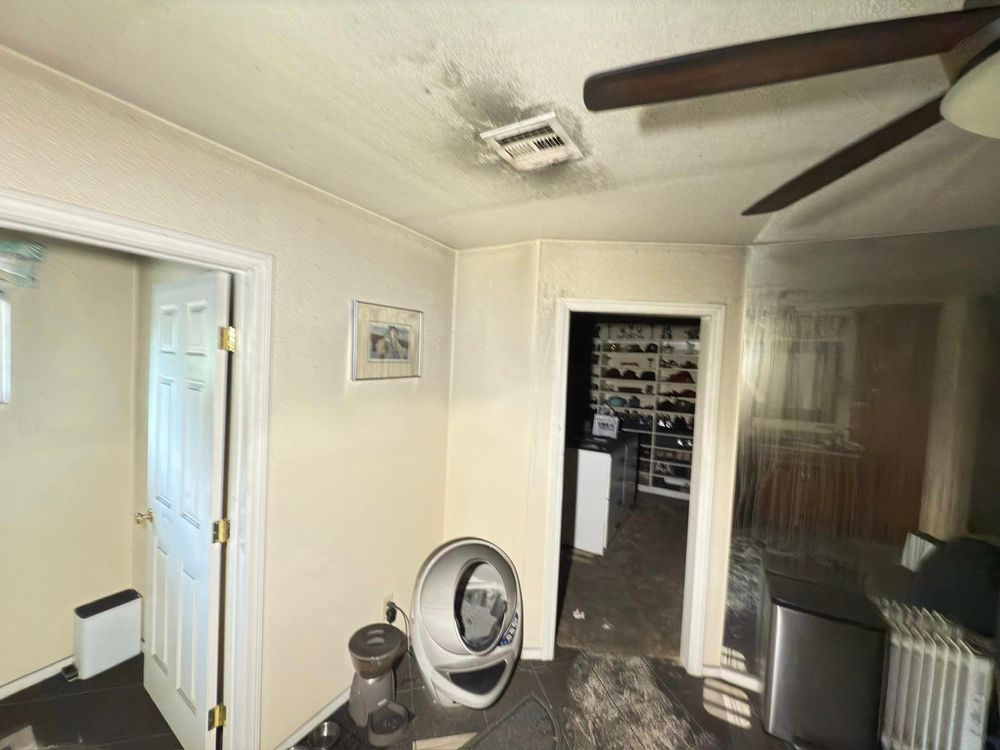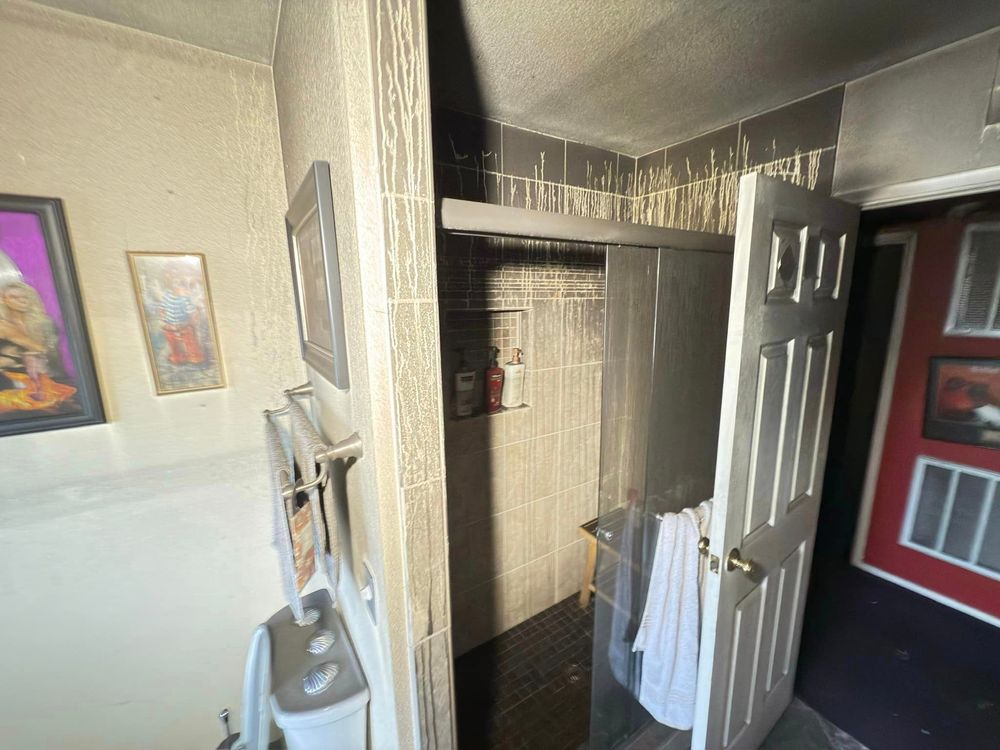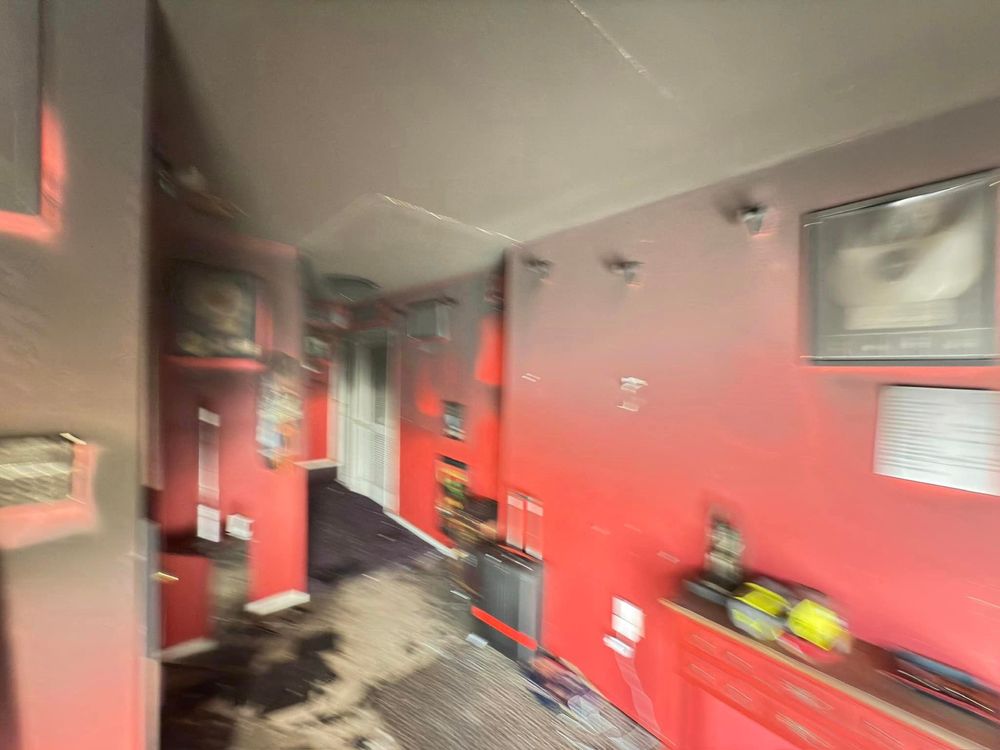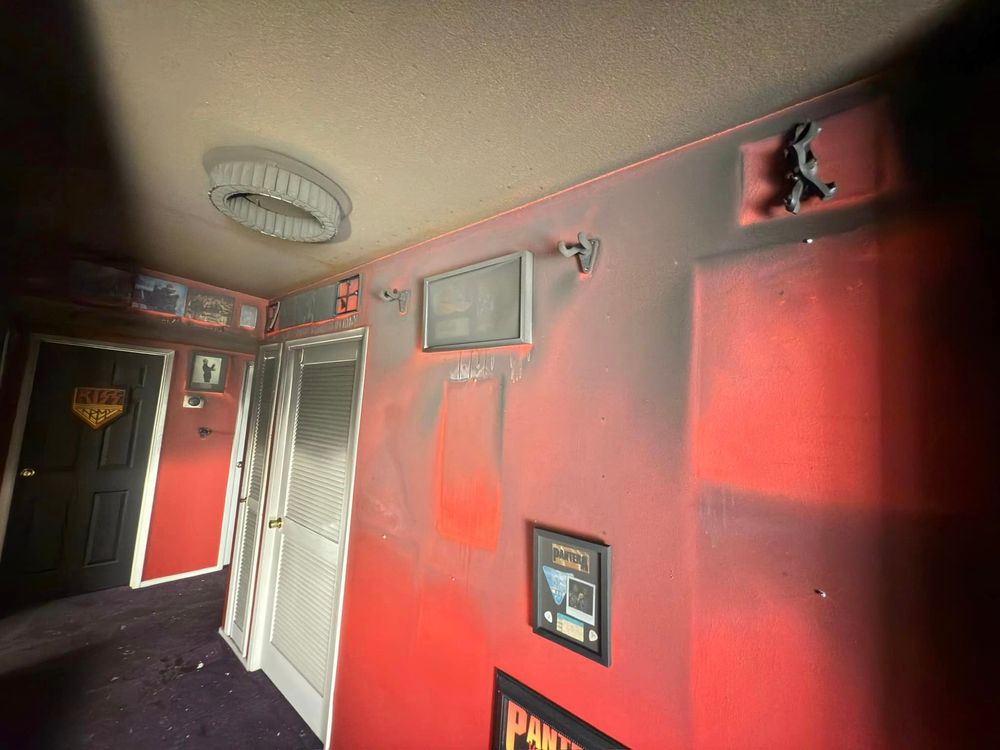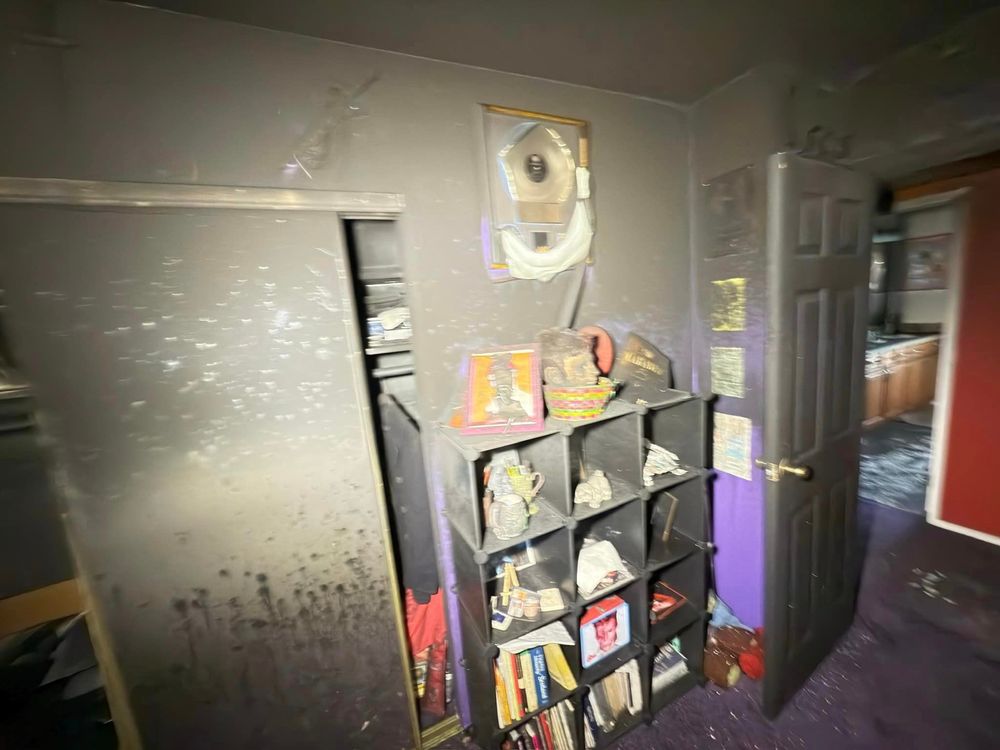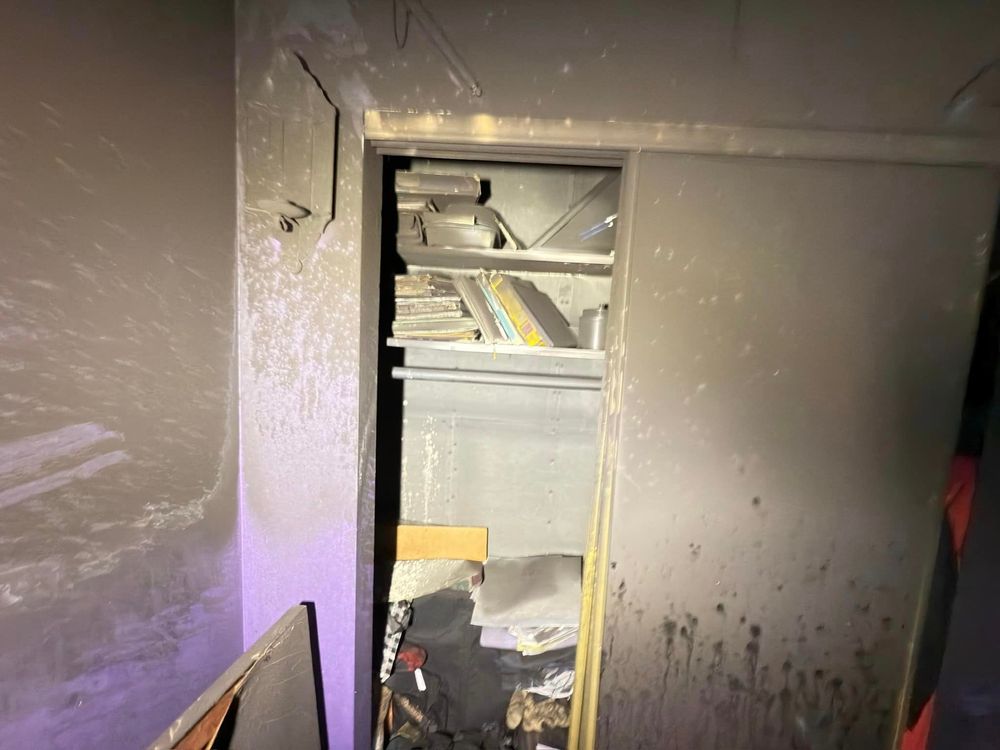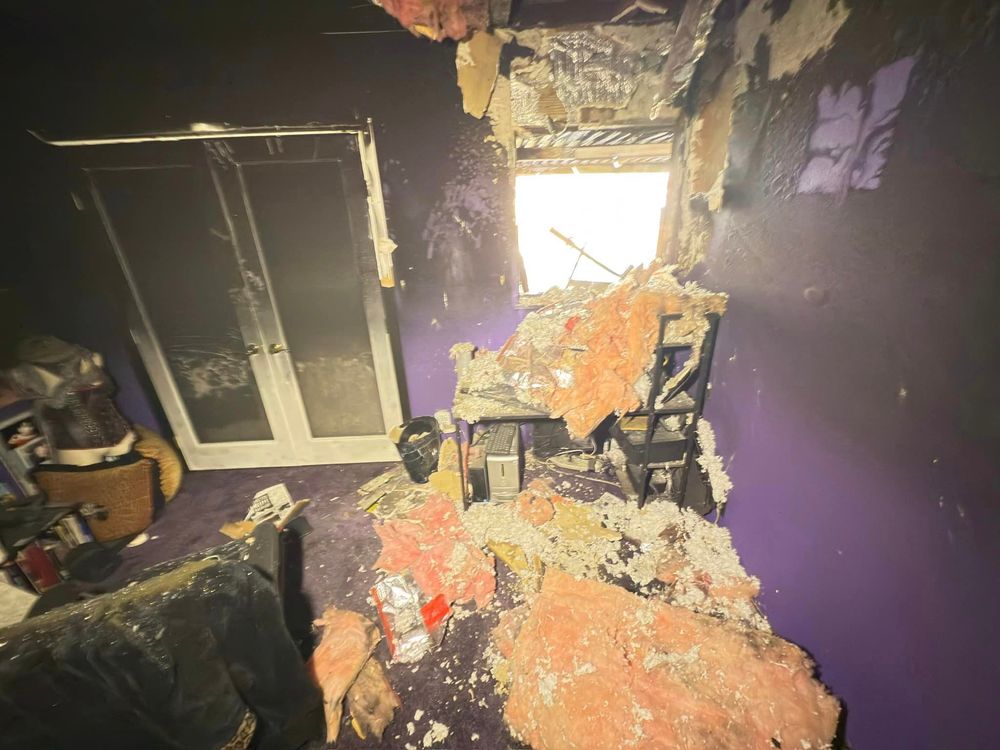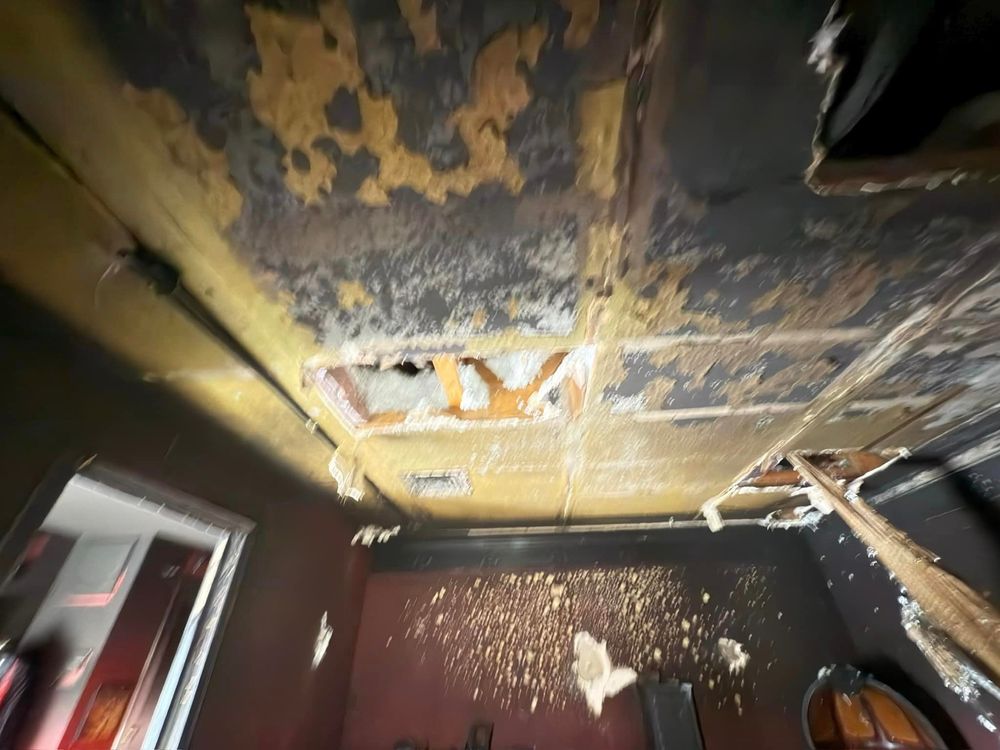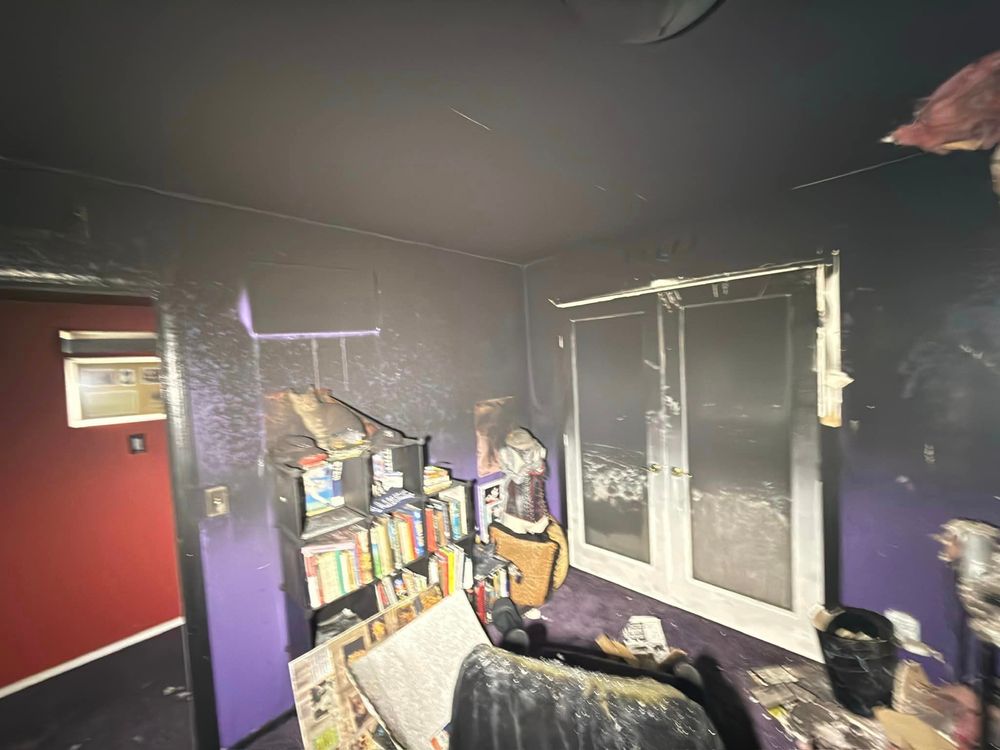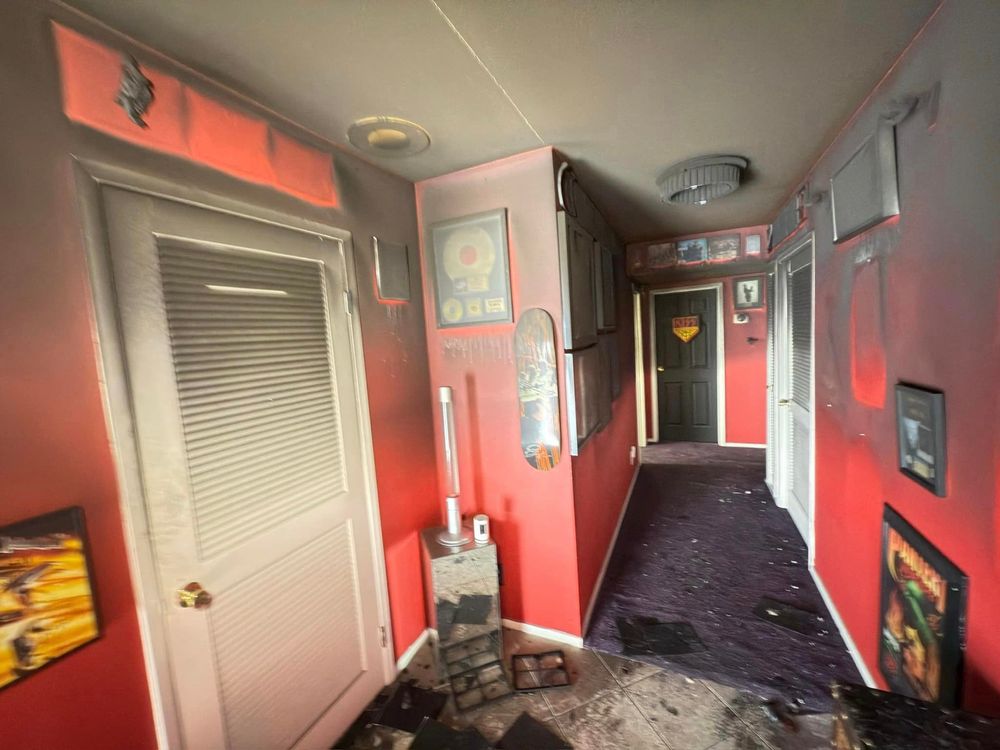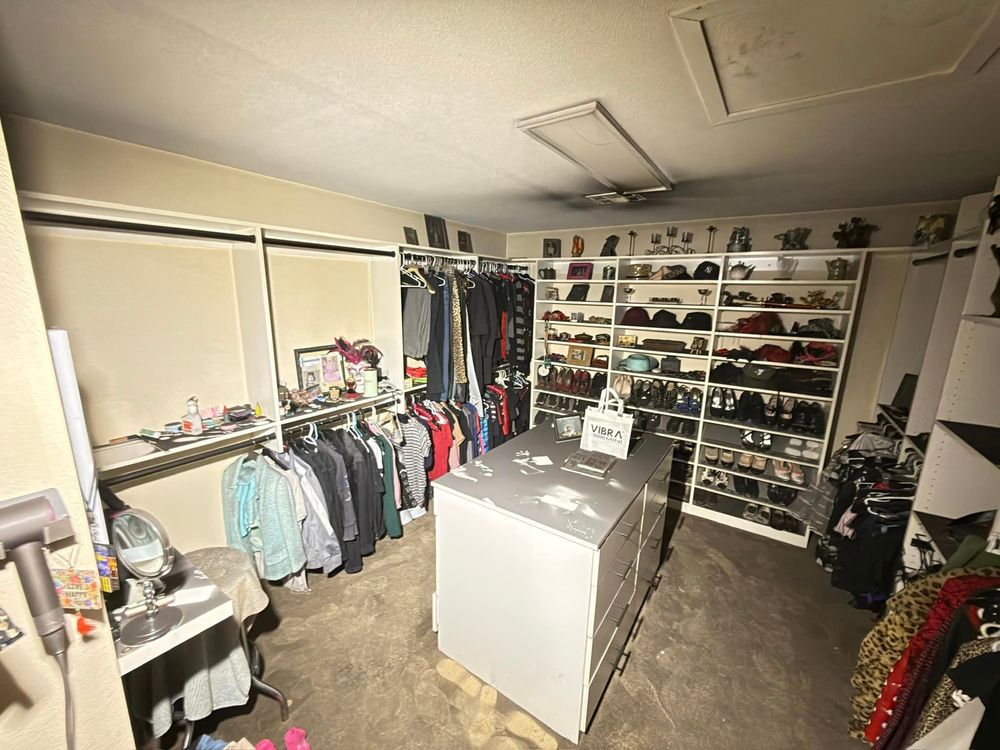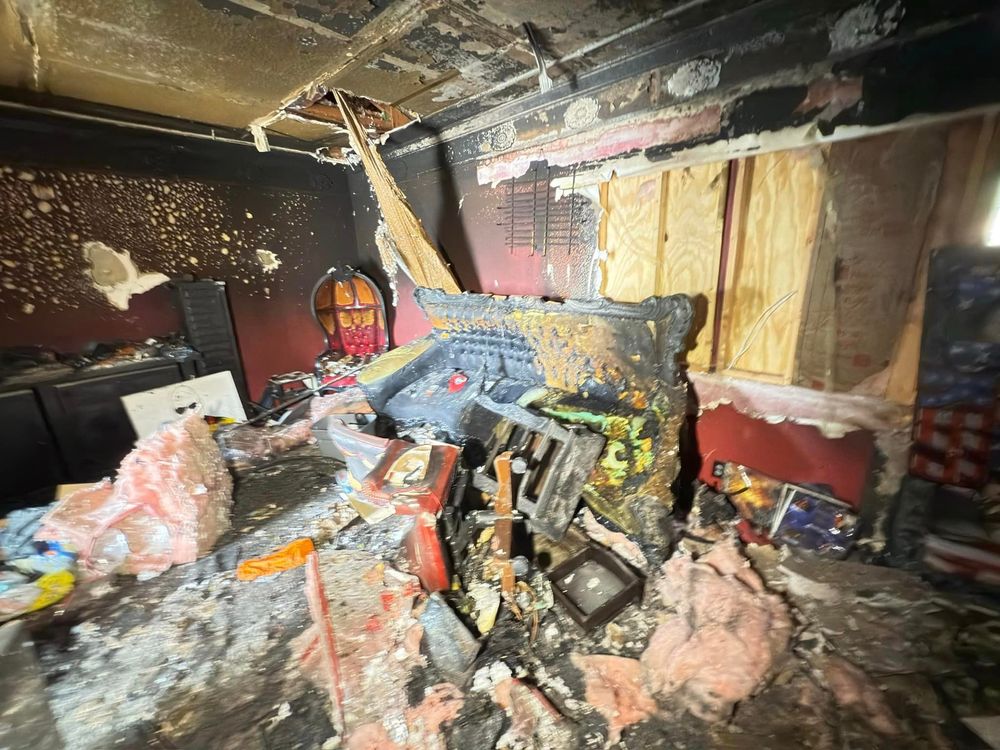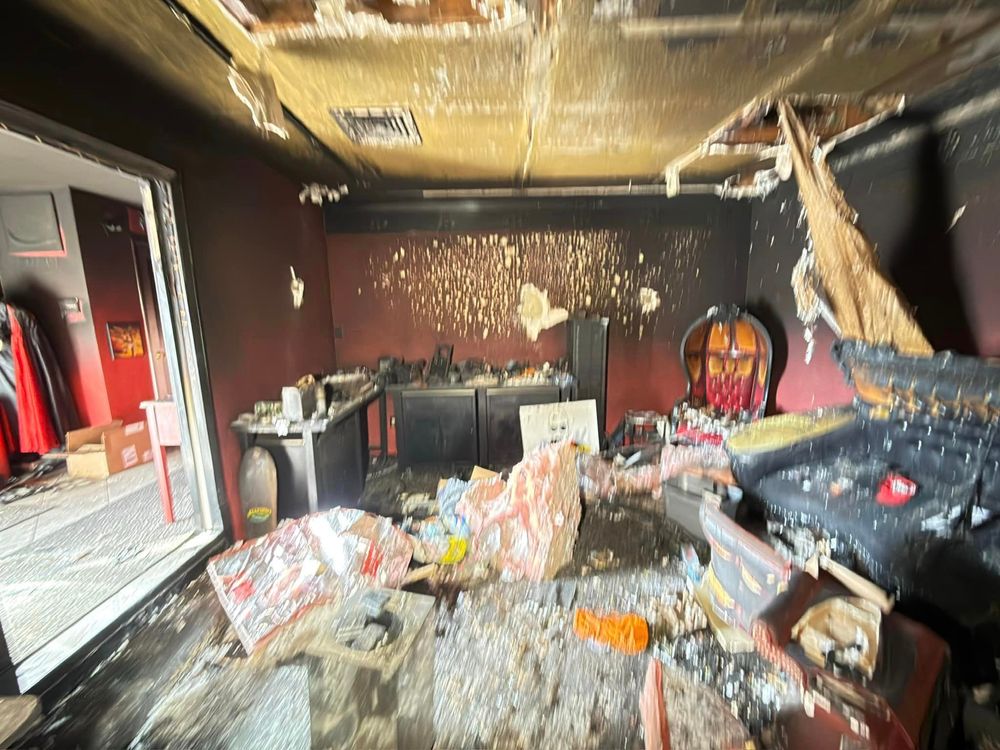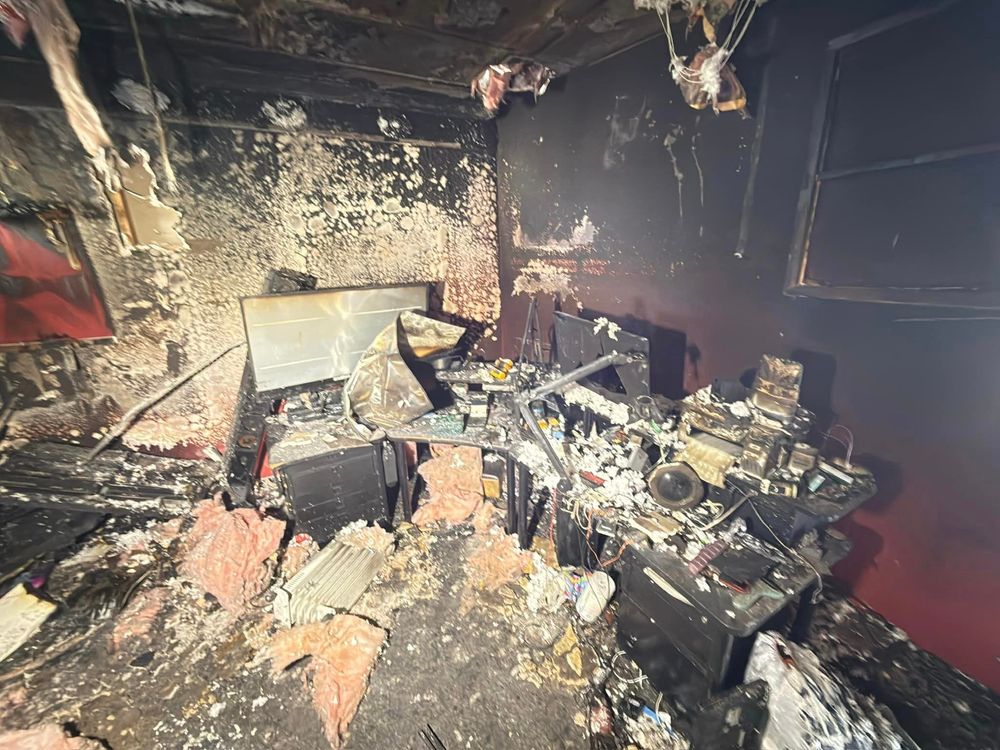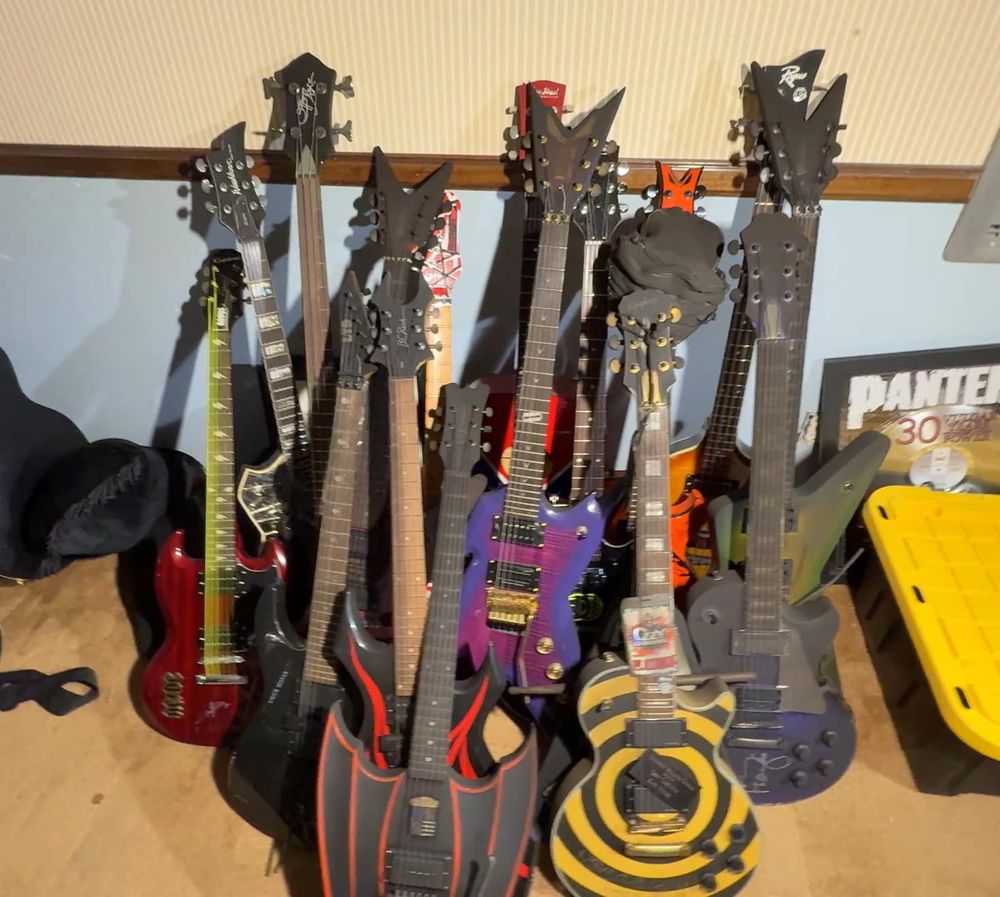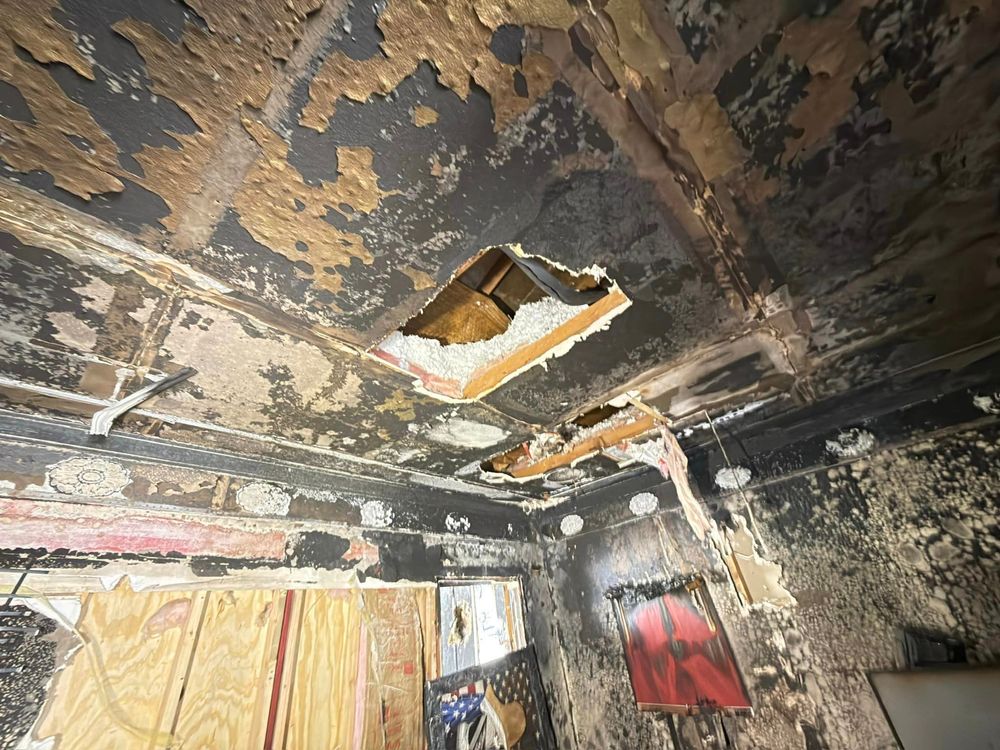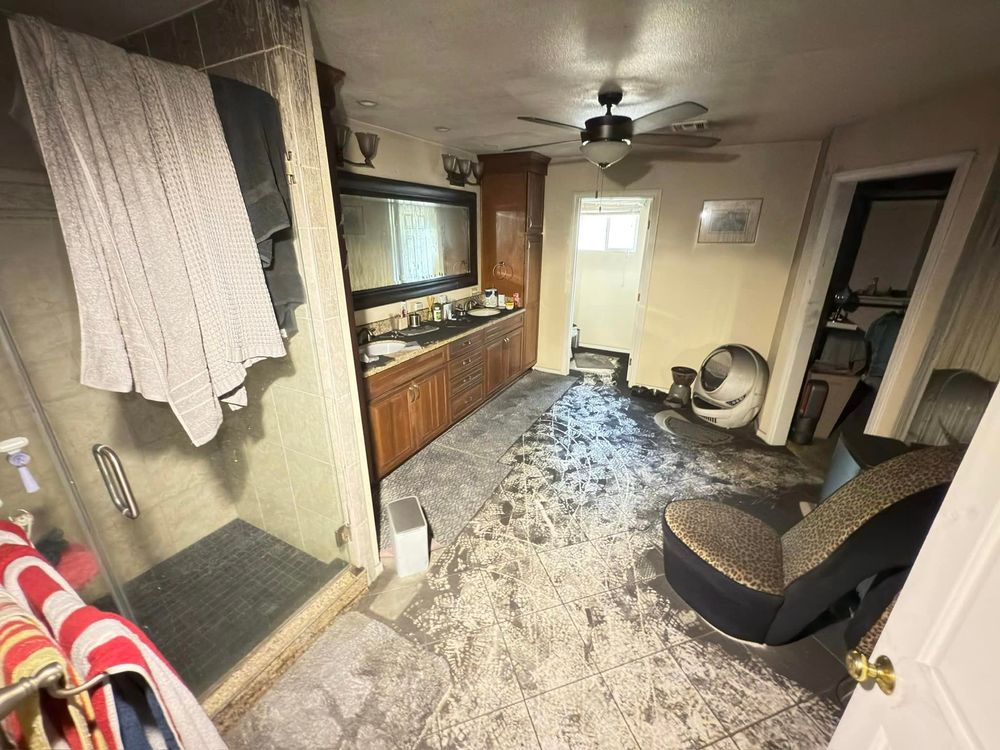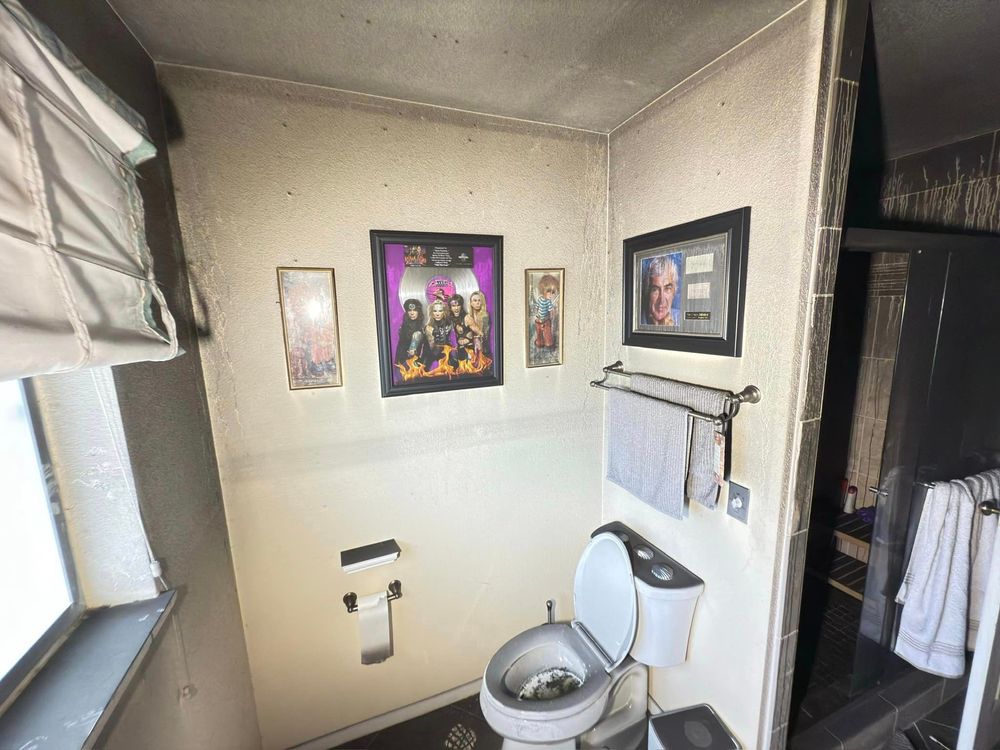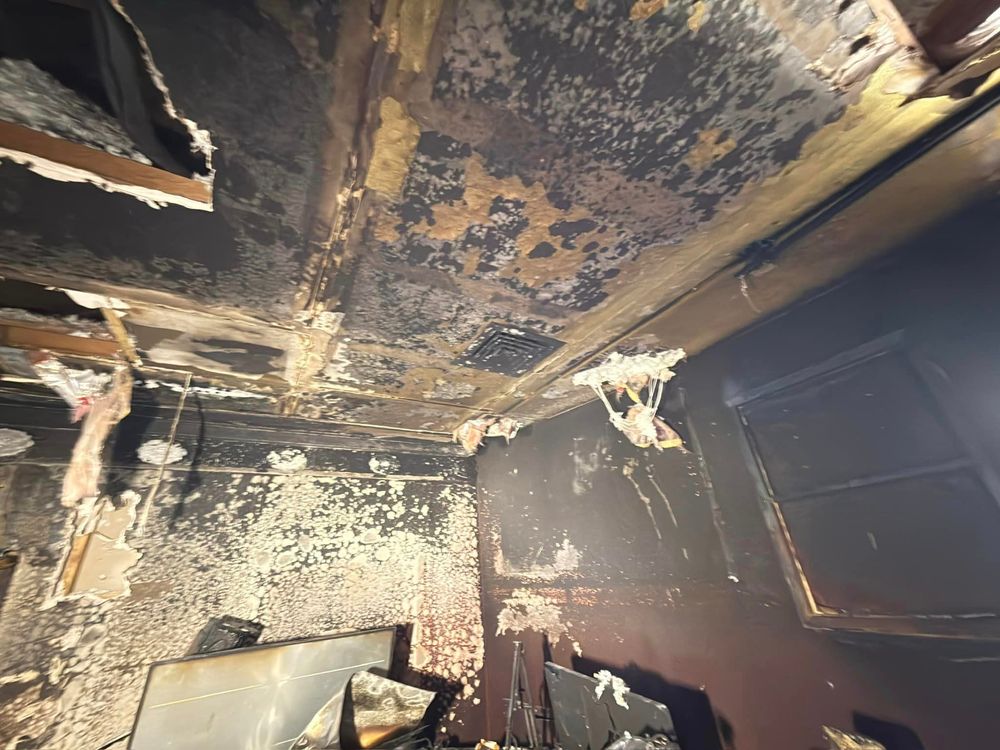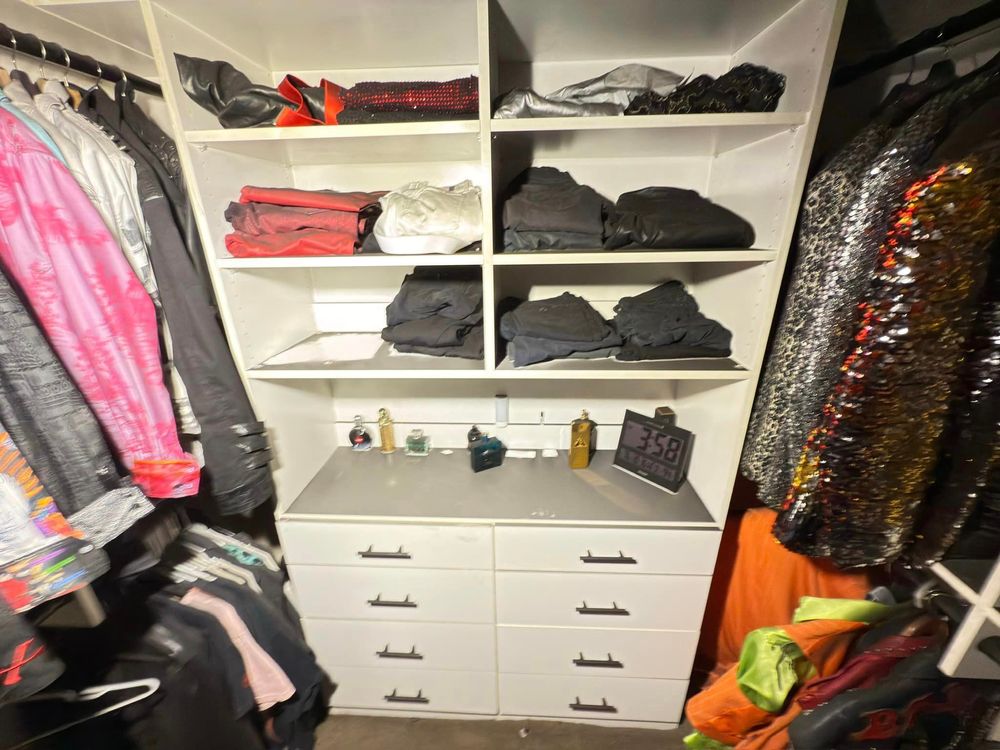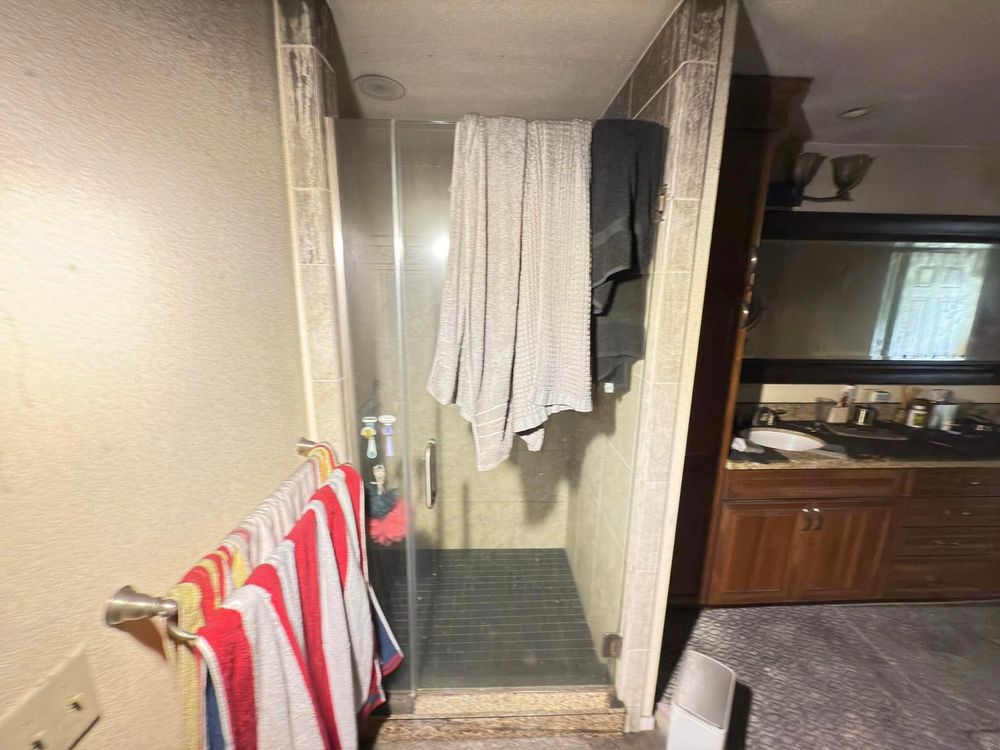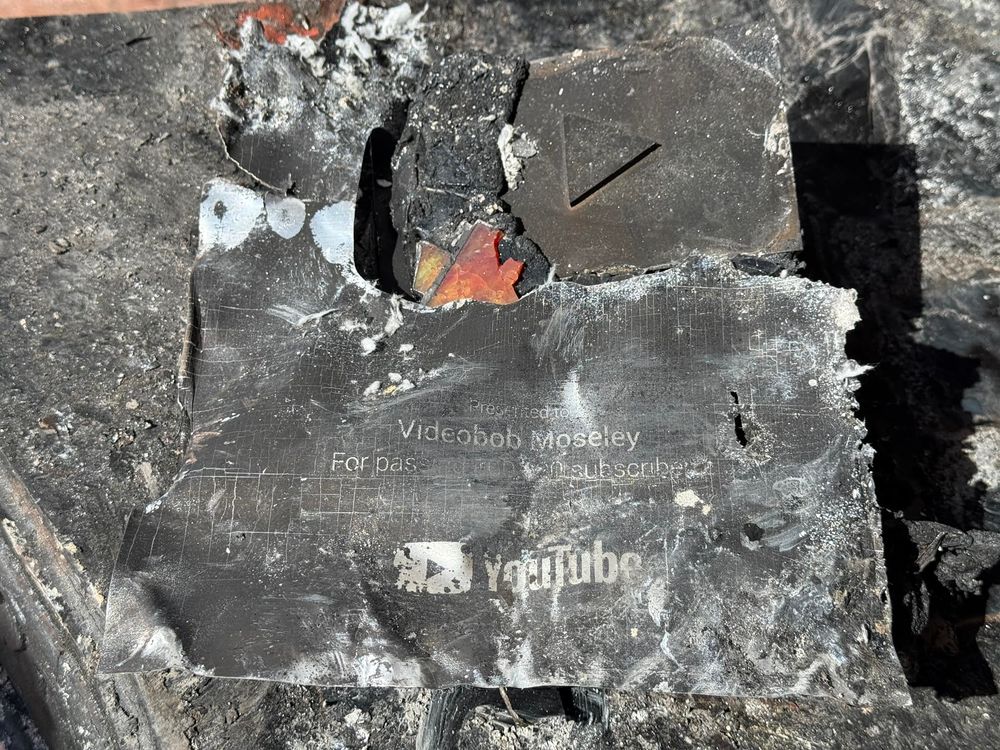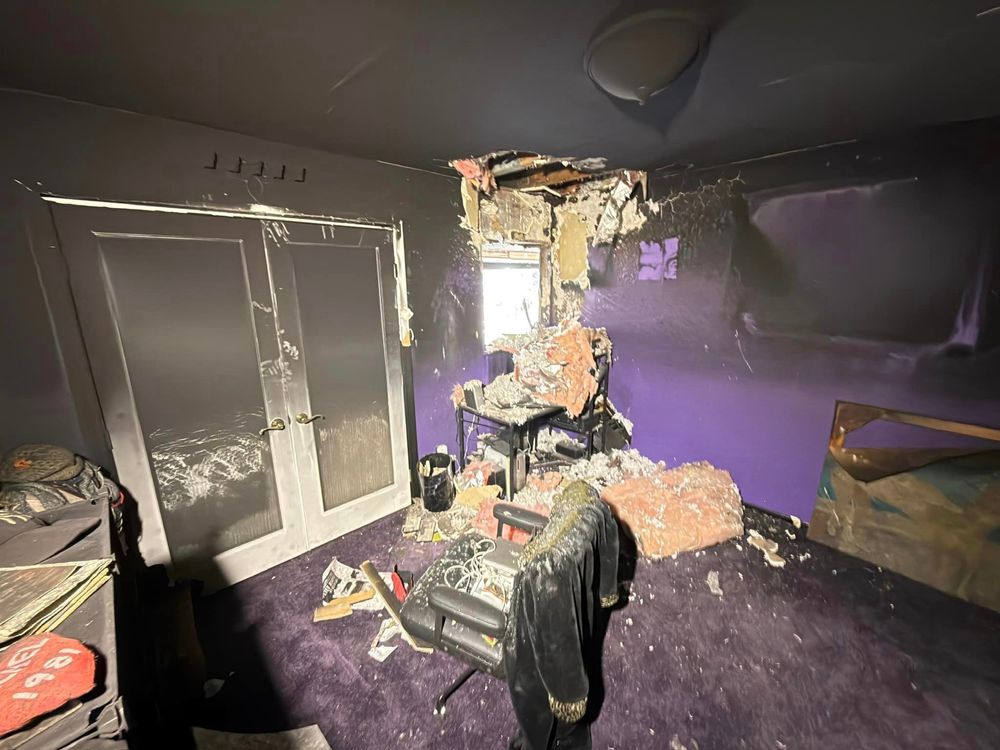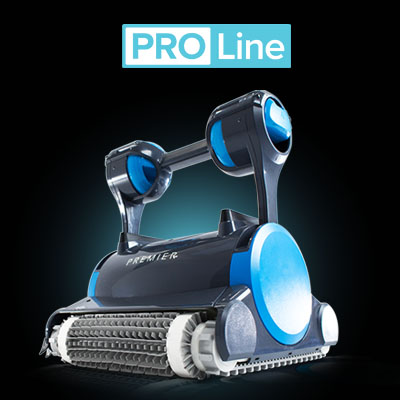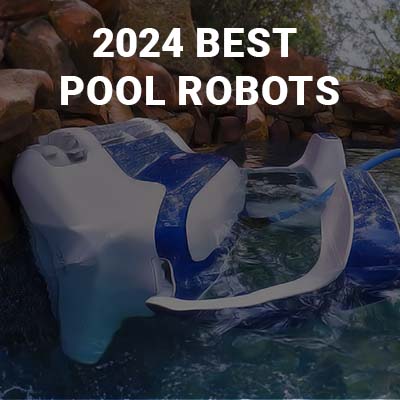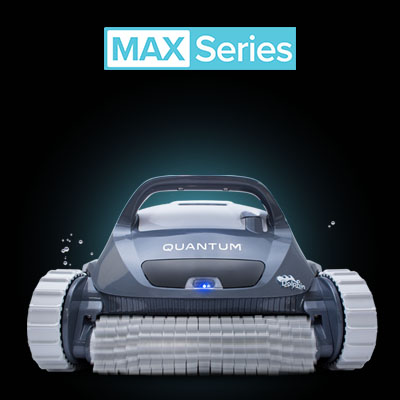Going up in Flames — Aiper pool cleaners allegedly involved in multiple House Fires
With multiple alleged reports of house fires, Aiper pool cleaners are taking serious heat. What you need to know.
October 22nd, 2024
Are you putting your family and home at risk of fire with a cordless battery-operated robotic pool cleaner? This question is now more relevant than ever after an alarming incident in Las Vegas, Nevada, where an Aiper Seagull Pro Cordless Robotic Pool Cleaner allegedly caused a devastating house fire. And this isn't the first alleged fire. We will be going through all the news, images, and even the horrifying footage today.
Las Vegas House Fire
Online images and videos capture the chilling moment as flames engulf a family’s home, destroying personal belongings and endangering their pet cat, Pooka, who had to be resuscitated by heroic firefighters.
This incident has raised serious concerns about the safety of cordless pool cleaners, particularly those powered by lithium-ion batteries, and the potential risks they pose to homeowners. As the use of cordless robotic pool cleaners with lithium-ion batteries becomes increasingly popular, it's important for consumers to understand the hazards associated with these devices, especially when it comes to battery safety.
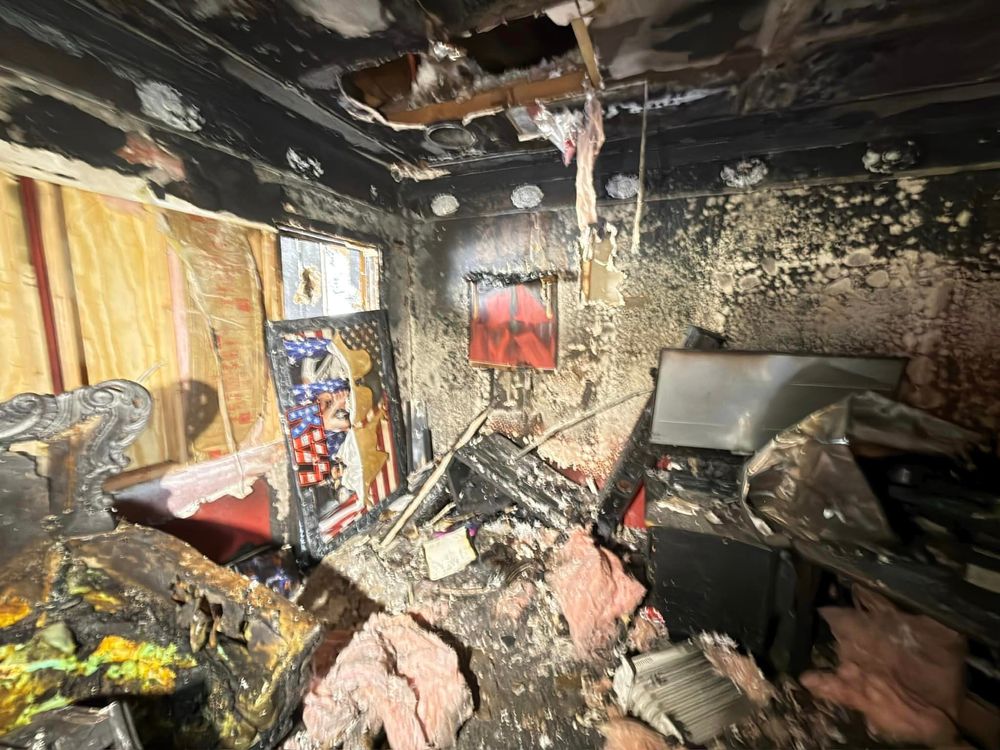
We've covered other alleged reports of fires in our Aiper Seagull Pro Review, but it seems there are more cases that are being reported.
Update for the House Fire
U.S. Recall of Aiper Elite Pro Robotic Pool Vacuum Cleaners
The U.S. Consumer Product Safety Commission (CPSC) and Aiper issued a recall in August 2023 for about 22,000 Elite Pro cordless robotic pool vacuum cleaners due to fire and burn hazards. The recall was initiated after 17 reports of the vacuums overheating, with one incident resulting in a minor burn. Consumers were advised to stop using the affected products immediately and return them to Aiper for a free replacement. However, the unit that is allegedly catching on fire, the Aiper Seagull Pro, has not been recalled at this time of writing.
Multiple Reports of Cordless Robotic Pool Cleaners Allegedly Catching Fire
The Las Vegas incident is not isolated. Over the past year, several other cases have surfaced online where users have reported similar issues with their cordless robotic pool cleaners. In a particularly jarring video circulating on social media, another Aiper robotic pool cleaner is allegedly engulfed in flames.
In yet another case, a homeowner shared images of their fire-damaged Aiper cleaner, which had allegedly sparked a fire while charging. These stories have been shared by concerned consumers, raising the alarm about the potential dangers of cordless pool cleaners.
While lithium-ion batteries are widely used in various devices—from smartphones to electric cars—their safety risks, particularly in devices exposed to water or high heat, cannot be ignored.
Lithium-Ion Batteries: Why They Pose a Fire Risk
The key issue behind the danger lies in the lithium-ion batteries that power many cordless robotic pool cleaners, including the Aiper Seagull Pro. Lithium-ion batteries are known for their high energy density, which makes them perfect for powering devices that need to operate without a connected power source. However, this high energy density also makes them prone to overheating, especially if they are damaged or exposed to extreme conditions.
When a lithium-ion battery overheats, it can enter a state known as thermal runaway. This occurs when a battery's internal temperature rises uncontrollably, causing a chain reaction that can lead to an explosion or fire. The risk of thermal runaway increases if the battery is damaged, overcharged, or exposed to water—factors that are highly relevant in the case of cordless robotic pool cleaners.
In a device like a robotic pool cleaner, the battery is often subjected to water splashes, humidity, and outdoor conditions. Even a small crack or flaw in the battery casing could allow water to enter, potentially leading to a short circuit and triggering a fire. If the battery overheats while charging, the situation can become even more dangerous.
Cordless vs. Corded Pool Cleaners: Which Is Safer?
The rising popularity of cordless pool cleaners is largely due to their perceived convenience and lower price tag than corded pool cleaners.
Cordless robotic pool cleaners rely on lithium-ion batteries, which, as we’ve seen, can pose a significant fire risk if not properly maintained. In contrast, corded pool cleaners do not use batteries, which eliminates the risk of battery-related fires. Corded models also provide much higher cleaning power and improved water flow rate, which translates to better debris removal and more effective pool cleaning.
Many corded robotic pool cleaners, such as those from well-established brands like Maytronics’ Dolphin or Polaris, offer significantly higher cleaning performance than cordless models. These devices, which connect directly to a power source, don't face the limitations of battery life and can clean for extended periods without the risk of fire from overheating.
When comparing cleaning efficiency, power, and safety, corded robotic pool cleaners offer a more robust solution for homeowners concerned with both long-term reliability and safety. Learn more about the differences between Corded vs Cordless Pool Cleaners.
Images
Conclusion: The Future of Pool Cleaner Safety
The Aiper Seagull Pro incident serves as a stark reminder of the potential dangers associated with lithium-ion batteries in cordless pool cleaners. As more consumers gravitate towards cordless devices for their convenience, manufacturers must prioritize safety in their design and testing processes.
For now, if you own a cordless robotic pool cleaner, especially one powered by a lithium-ion battery, follow all safety precautions and stay informed about any potential risks. As the technology continues to evolve, we can hope to see more safety features integrated into these devices to prevent incidents like the one in Las Vegas from happening again.
This article is intended to provide information based on publicly available data and does not constitute legal or professional advice.
All incidents described are based on consumer reports, and no fault or liability has been legally determined as of the date of publication.





